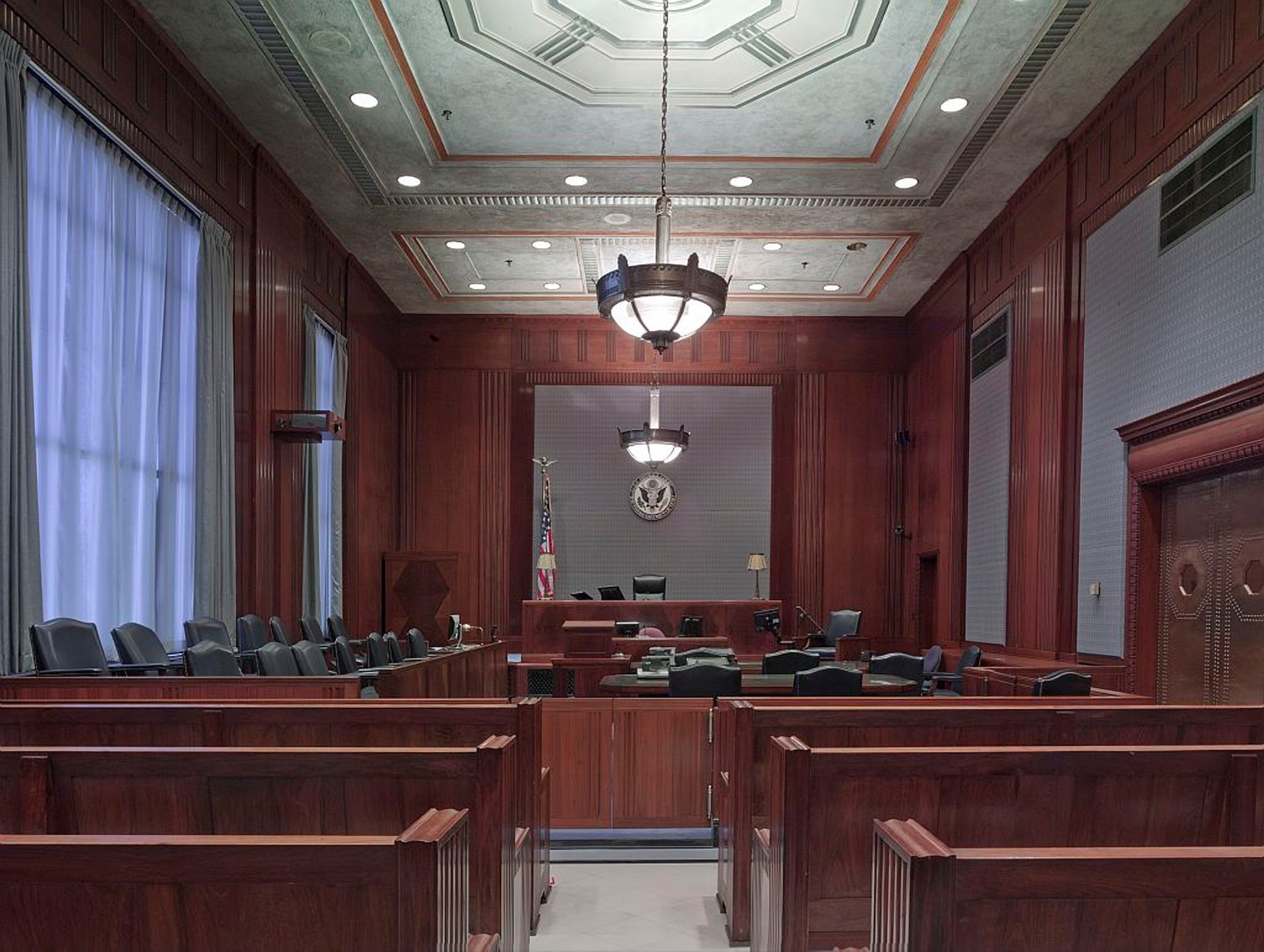Probate actions, including the acceptance of a will, may be decided by the Chancery judge in a summary manner without live testimony. But where there is a dispute about the facts surrounding the presentation of an unsigned will, the objecting parties should be given an opportunity to take discovery and, if necessary, a trial, says the Appellate Division.
Trial Court Erred in Deciding Unsigned Will Case on the Papers
New Jersey trust and estates law will permit the acceptance for probate of an unsigned will. In this case, In the Matter of the Estate of Counselman, the deceased had attempted, according to her executor, Carl Oxholm, to execute a new will shortly before her death. She died, however, before the will was signed.
The court admitted the unsigned will of Elizabeth Counselman to probate based on the affidavits submitted by the executor appointed by the new will. The estate is valued at more than $4 million.
Questions? Use our contact form or call to learn more on this issue.
The unsigned will had been challenged by five charities that were the beneficiaries of Counselman’s prior will. The issues raised were her capacity to make the will, whether she was unduly influenced by the executor and whether she in fact intended the unsigned document to be her last will and testament.
Earlier Will Left Entire $4 Million Estate to Charity
Counselman changed her existing will in 2017 to leave her entire estate to charities. In October 2020, she had a new will drawn that split the estate 70 percent among her cousins and 30 percent to charity. At roughly the same time she underwent an examination that noted a mild dementia that made her vulnerable to exploitation.
In May 2021, the will was presented to Counselman for her review. She was, however, unable to sign the will on two subsequent occasions due to her suffering from cancer, and she died without having executed the document.
The executor brought the action to have the unsigned will admitted to probate under N.J.S.A. 3B-3, which permits the admission of an unsigned will if it is established by clear and convincing evidence that a document or writing was intended to be the decedent’s will.
The trial court held that the affidavits met the clear and convincing standard and that the action could be decided in a summary manner on the papers. The objecting charities appealed and the Appellate Division reversed.
These certifications fail to establish that Counselman read the will and that it set forth her wishes. … [T]he record contains no clear and convincing evidence from which a court ruling on summary disposition could conclude that Counselman ‘confer[red] with counsel after reviewing the document to clear up any ambiguity, modify any provision, or express . . . final assent.’
The evidence here fell short, the appellate court concluded, and further inquiry was merited.
Discovery will allow the charities and the State to investigate Counselman’s alleged decision to change her will shortly after Oxholm increased his role in her life. As the State contends, Oxholm became increasingly involved in Counselman’s estate in August 2020, about two months before [Attorney Robert] Greene was charged by Counselman to draft a new will in October 2020, increasing Oxholm’s share of the estate. This coincidental timeline demands explanation.

